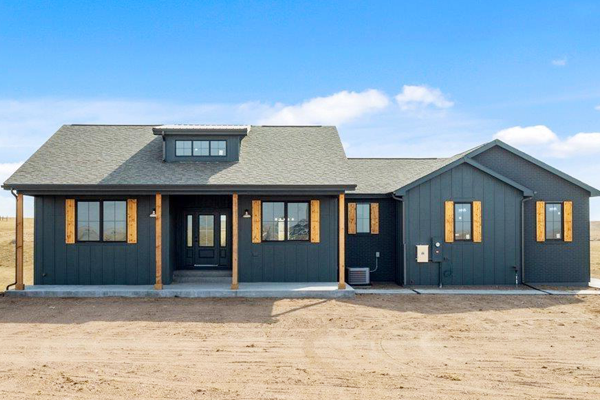Let’s Explore Your Selling Options. I’ll help you sell your home at the price and terms you want. Free Selling Strategy Call
In today’s real estate climate, understanding the intricacies of home insurance is more crucial than ever. With various insurance options available, from regular homeowner’s insurance to landlord policies, the choices can be overwhelming. Here, we break down the essentials of home insurance, highlighting the importance of shopping around, understanding landlord insurance, and avoiding the pitfalls of force-placed insurance.
Regular Homeowner’s Insurance: This is the standard insurance policy for individuals residing in their property. Exploring options with companies like Farmers and Allstate or utilizing brokers who work with multiple insurance providers, can yield better deals. Surprisingly, companies that specialize in farm and ranch properties might offer competitive rates for residential insurance.
Landlord Insurance: Tailored for property owners renting out their units, landlord insurance can sometimes be more cost-effective. This policy shifts the responsibility of covering personal items (contents insurance) to the tenant, potentially reducing the landlord’s premium costs.
Force-Placed Insurance: A less discussed but significant aspect is force-placed insurance. This occurs when homeowners fail to provide their mortgage company with proof of insurance, prompting the lender to impose their own, often more expensive, insurance. It’s vital to regularly check communications from your insurance and mortgage companies to prevent this.
Force-placed insurance typically costs significantly more and may only cover the mortgage amount, leaving homeowners vulnerable in the event of a disaster. It’s crucial to ensure continuous coverage to avoid defaulting on this expensive and minimal coverage option.
Key Takeaways for Homeowners and Landlords:
1. Shop around. Explore various insurance options to find the best rates and coverage.
2. Understand policies. Know the difference between homeowner’s and landlord’s insurance and choose what best fits your situation.
3. Monitor communications. Stay on top of notices from your mortgage and insurance providers to prevent force-placed insurance.
4. Be proactive. Regularly review your insurance status to avoid lapses in coverage.
Whether you’re a homeowner or a landlord, understanding these aspects of insurance can save you from unnecessary expenses and provide peace of mind. For further information or guidance tailored to your specific situation, feel free to reach out by phone or email for a detailed discussion on how to protect your property and financial well-being effectively.
-
Let’s Explore Your Selling Options. I’ll help you sell your home at the price and terms you want. Free Selling Strategy Call
-
What’s Your Cheyenne Home Worth?. Are you thinking of selling your home or interested in learning about home prices in your neighborhood? We can help you. Free Home Value Report
-
Looking for a Cheyenne Home?. Search the entire MLS for your Cheyenne home. Search the MLS
-
Free Real Estate Newsletter. Get our latest Q&A, insights, and market updates to make smarter decisions. Subscribe Now







